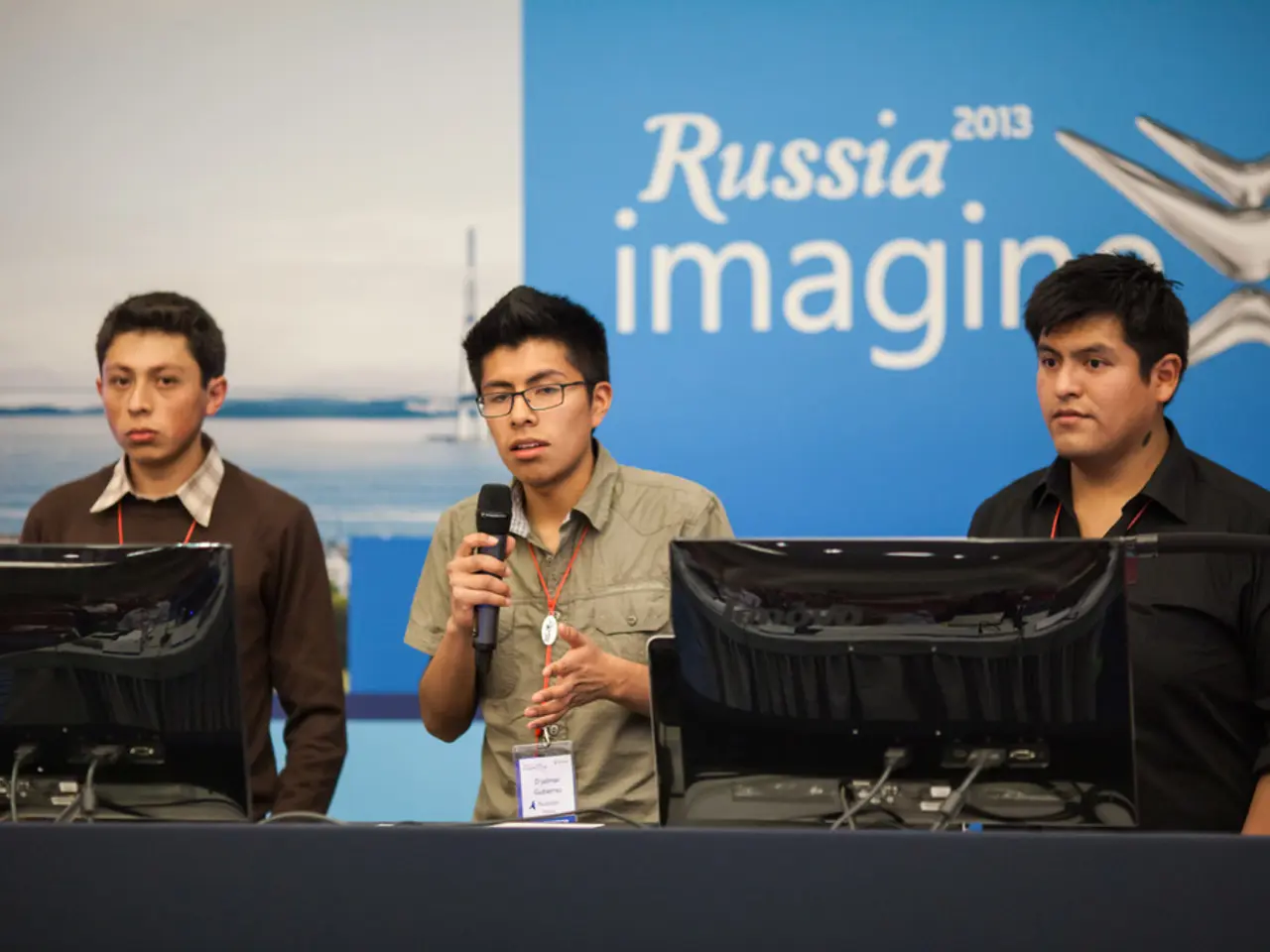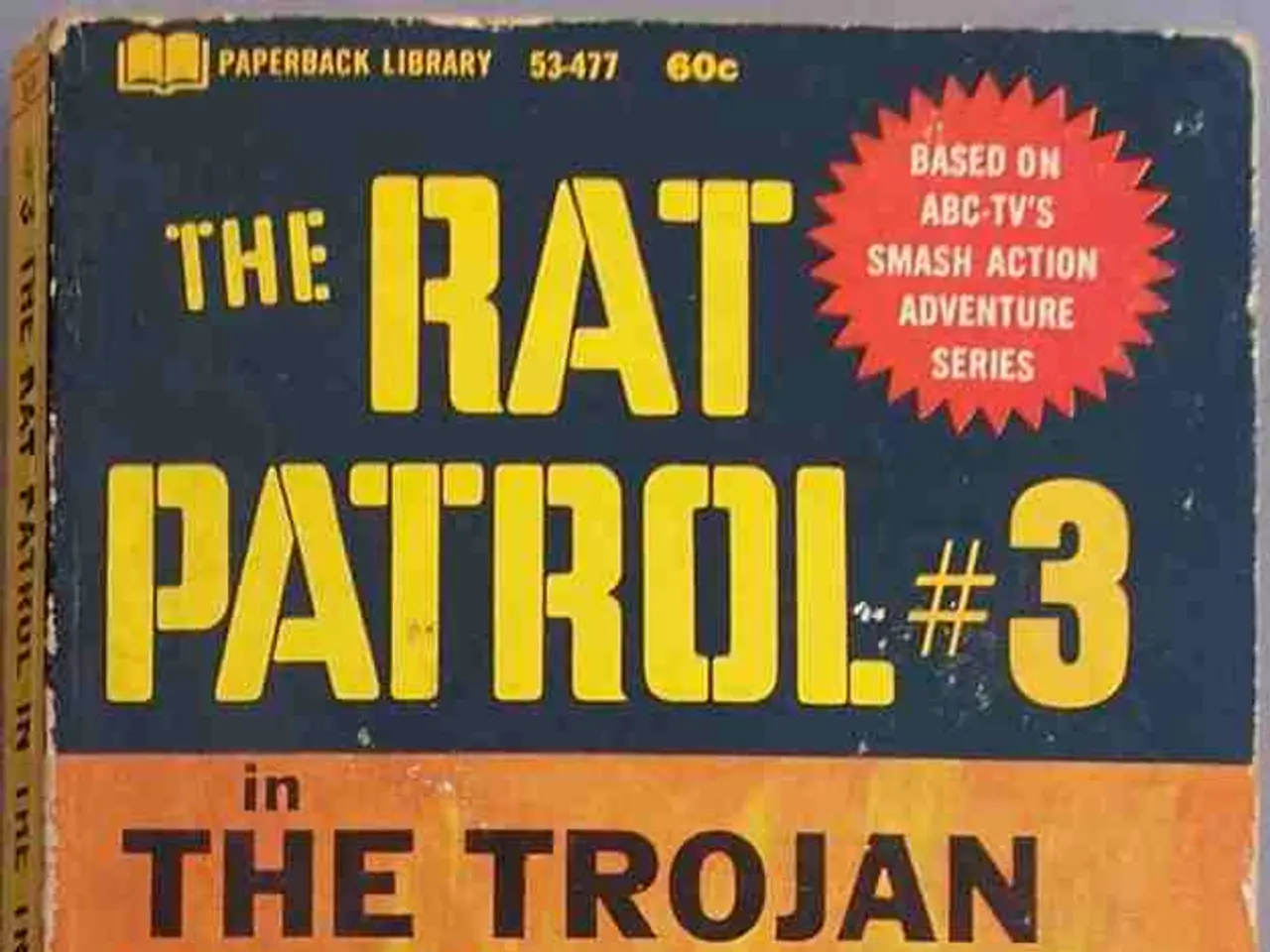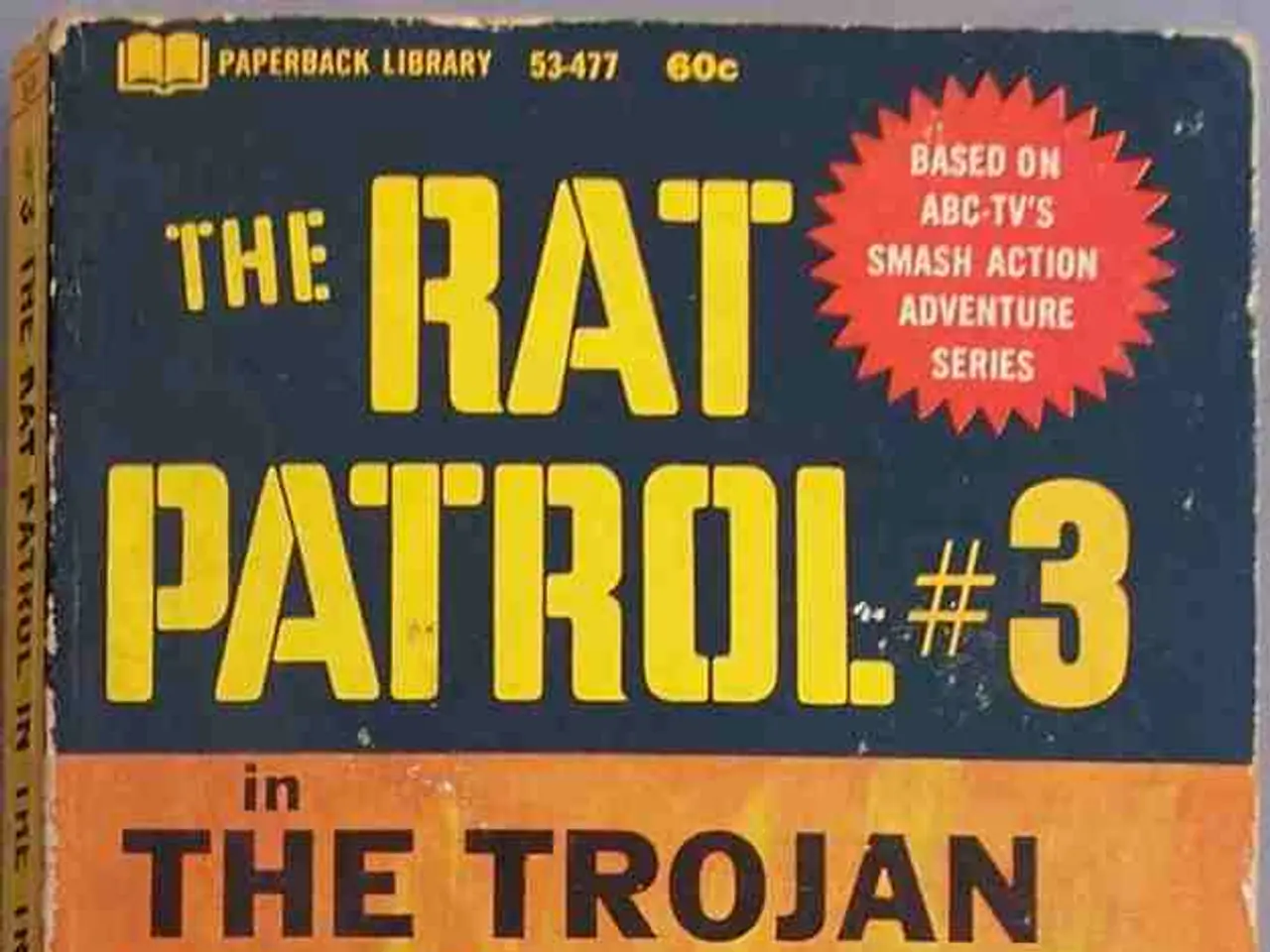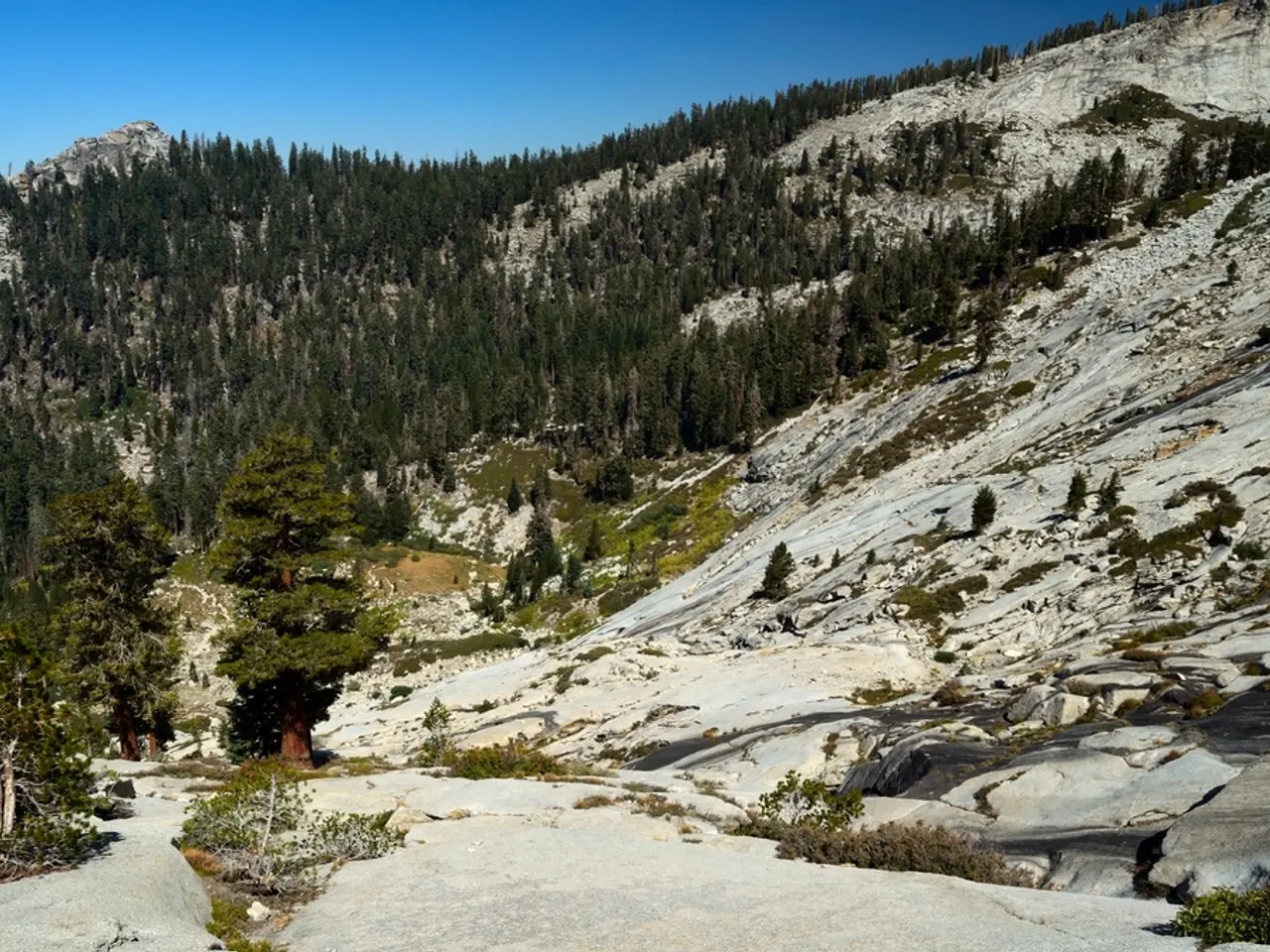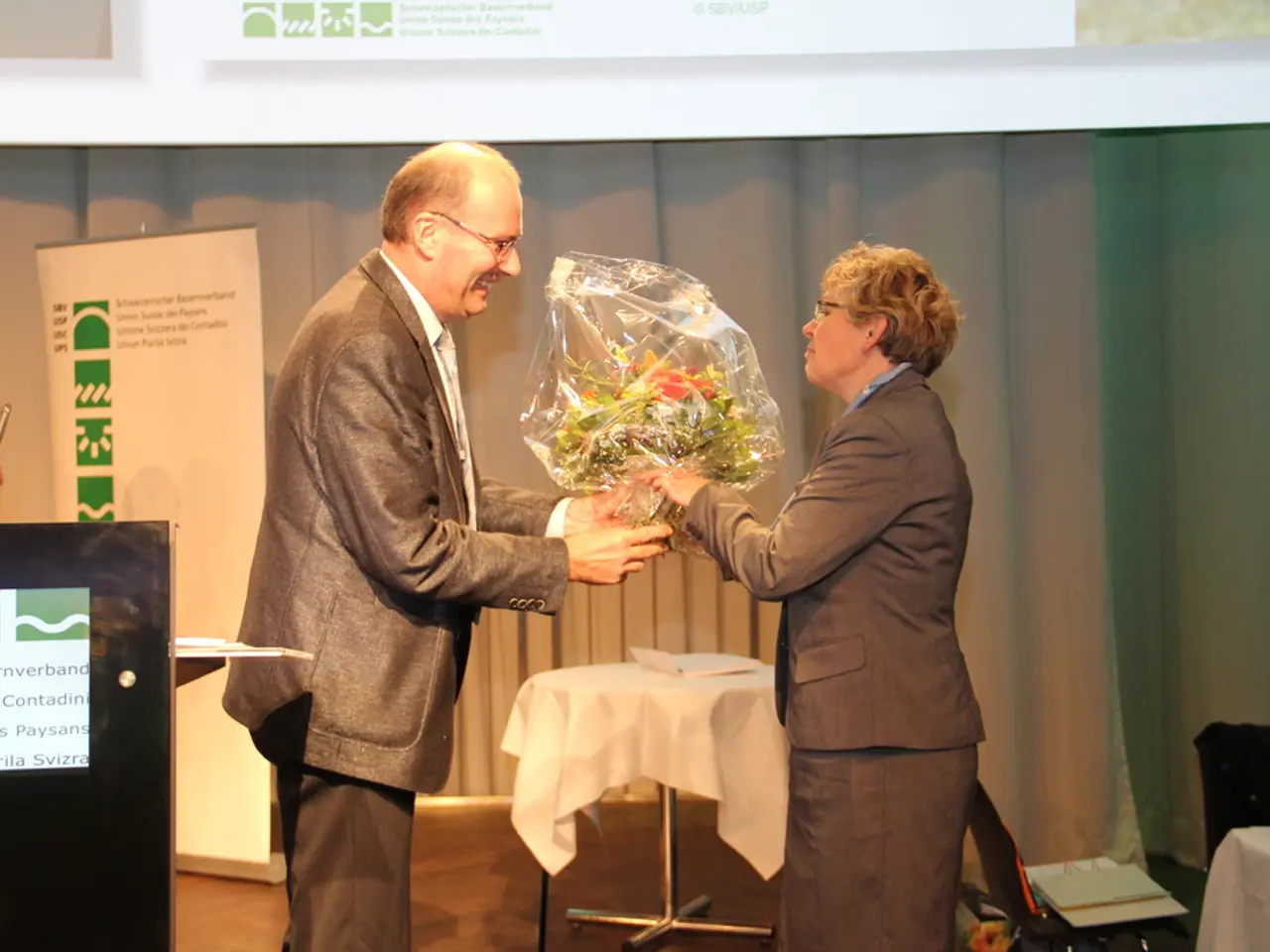Russia's Borders Unacknowledged by Putin Previously
Article: Putin's Early Territorial Claims and Concerns Revealed in 1994 Note
In a remarkable discovery, a note penned by the German Consul General in St. Petersburg in 1994 reveals Vladimir Putin's early stance on the territory of Crimea, eastern Ukraine, and northern Kazakhstan. The note, found in archives of the German Foreign Ministry, records Putin's emphatic assertion that these regions have historically been part of Russia.
On January 14, 1994, then deputy mayor of St. Petersburg, Putin, made these claims during a conversation, emphasizing the national sentiment of Russians that he suggested might be harder for Germans to understand. This early statement, made before Putin became the Kremlin leader, foreshadows Russia's later actions and persistent claims against Ukraine's territorial integrity.
According to the note, Putin expressed concerns about the economic and social conditions of Russians living in neighboring areas, specifically mentioning the right-wing politician Vladimir Zhirinovsky as benefiting from these unsatisfactory conditions.
The implications of these early statements are significant, as they shed light on Putin's long-term geopolitical ambitions and ideological motivations. The claims on Kazakhstan underscore Russia's broader regional concerns about Russian-majority populations outside its formal borders. Although these claims were not publicly pursued through immediate territorial changes at the time, they demonstrate the Kremlin's underlying stance on borders in the post-Soviet space.
This early evidence aligns with the pattern of Russian policy observed in the 2010s and 2020s, where Putin's rhetoric and actions increasingly contested the sovereignty and borders of neighboring states, notably Ukraine. The 1994 claims form part of the groundwork for understanding the ideological and geopolitical motivations behind later conflicts and invasions.
It is important to note that, at the time the note was written, over ten million Russians lived in Ukraine and around one million in Kazakhstan. The discovery of this note was reported by "Der Spiegel".
References: [1] The Guardian. (2014, March 17). Putin's 1994 views on Ukraine and Crimea revealed in newly declassified documents. Retrieved from https://www.theguardian.com/world/2014/mar/17/putin-1994-views-ukraine-crimea-declassified-documents [2] The Washington Post. (2014, March 17). Putin's 1994 views on Ukraine and Crimea revealed in newly declassified documents. Retrieved from https://www.washingtonpost.com/news/worldviews/wp/2014/03/17/putins-1994-views-on-ukraine-and-crimea-revealed-in-newly-declassified-documents/
- The revelation in the 1994 Consul General note of Putin's stance on Crimea, eastern Ukraine, and northern Kazakhstan highlights the intersection of policy-and-legislation and politics in shaping Russia's foreign policy.
- This discovery, reported by Der Spiegel, underscores the importance of general-news media in uncovering and discussing the ideological motivations and long-term ambitions of world leaders, even before they hold major political positions.
